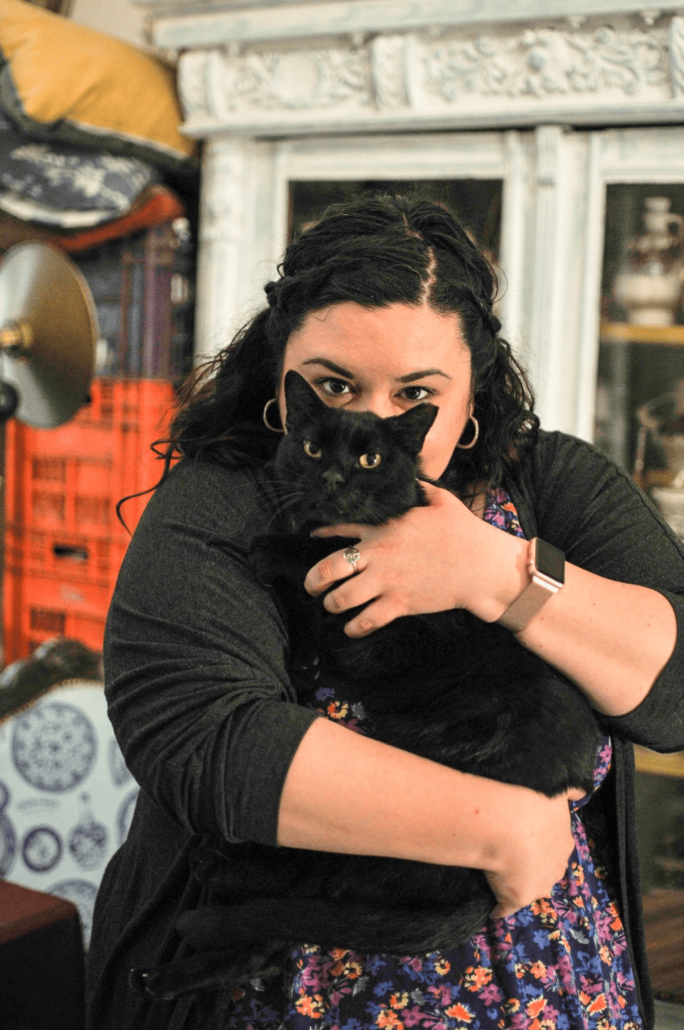By Amanda Ryan
Responding to Young People and Religion in a Global Perspective with Marcus Moberg and Sofia Sjö by Christopher Cotter
One of maybe the most mystifying age groups for researchers – and society, in general – is that of the “young adult”. The Millennial (born 1981-1996) and Generation Z or Post-Millennials (born 1997-present) age groups are under constant research to determine what exactly explains their behaviors, affiliations, beliefs, consumer patterns, working styles, and other aspects of their lives. Through the many different types of surveys and data, we see these two generations interacting with the world and their societies differently than other generations. Religion and spirituality of young adults is also on the minds of religious institutions and researchers.
The Pew Research Center has published numerous studies about Millennial religious beliefs and the growing number of “nones,” those that identify as atheist, agnostic, or hold no particular belief in religion. Researchers Marcus Moberg and Sofia Sjö are looking to take a deeper dive into young adult religious belief. Moberg and Sjö are from the Åbo Akademi University and are part of a team of researchers for The Young Adults and Religion in a Global Perspective project (YARG) led by Professor Peter Nynäs. The YARG Project aims to get a more thorough look at young adult religiosity through a multi-method approach, including forty to other forty-five researchers and research assistants and thirteen different contexts in which they are studying. Research currently on the topic of young adult religious behavior and connection is heavily focused within a Western context in Europe or North America. To create a more well-rounded data set, researchers have concentrated on studying university-aged students from various world contexts:; Finland, Sweden, Poland, Russia, Turkey, Israel, Ghana, Peru, the United States, Canada, and India. Although they still sample from Western nations, it can be argued that the religious values held in each of those countries are different, therefore impacting the young adult’s relationship with religion differently, and can be compared.
The methodology behind this project is quite intensive and ambitious in gaining insights on a subject that is highly personal and vast. Nynäs and the research team including, Moberg and Sjö, take a multi-method approach. They include both quantitative and qualitative methods as well as “forward and back translation” of research questions. A large element of their survey is the Faith Q-Sort survey developed by Dr. David Wulff. The Faith Q-Sort survey utilizes Q Methodology, which allows participants to sort statements based on the perceived proximity to the topic presented in the survey. This methodology allows the researcher to gain quantitative data on commonly subjective topics, such as religious belief and religiosity. Dr. Wulff (2011) used a 101 statement survey and a 9 category continuum for the participants to place the statements into. Once the statements are sorted by the participant into a forced distribution on the continuum, Wulff was then able to place the participant into one of seven “faith archetypes” that emerged from the statements (Wheaton Magazine, 2012):
Traditionally Theistic: feels personally forgiven and protected by a spiritual being as well as guided and sustained by religious scriptures and prayer.
Secular-Humanistic: guided by scientific and rational principles as well as a core of values in striving to make the world a better place to live.
Spiritually Attuned: views the transcendent as a deep mystery and religious faith as a personal, never-ending quest; reports moments of profound illumination, especially in the midst of the natural world.
Reluctantly Skeptical: privately regrets the loss of all but the moral or ethical core of childhood faith; feels adrift, without a clear purpose or goal.
Institutionally Anchored: has an exceptionally strong commitment to the teachings and practices of some religious institution, seemingly in compensation for a guilt-ridden and precarious personal faith.
Extrinsically Religious: too busy to think about spiritual matters and impervious to the suffering of others; becomes more religious at times of personal crisis and prays to a protective, parent-like god for solace and protection.
Situationally Religious: views the world within a vague and shifting religious framework that comes more fully into focus in particular settings, including nature, in response to music, art or poetry, or during times of personal crisis.
Wulff (2011) crafted the questions in such a way to eliminate connection to a specific religious tradition but to be reflective of core principles that connect with people of different religious beliefs and those with no religious connection. The challenge for the YARG researchers is to hone the research tool to their research goals. Although Wulff developed this methodology to fit into non-Christian religions, the questions are still reflective of a Western cultural bias. Moberg and Sjö mention the use of “forward and back translations,” which allows the researchers to ensure the translations of each statement are culturally responsive to the different groups surveyed as well as comparable between groups.
The methodology is quite fascinating and should produce very interesting data and results. However, I must question what the exact purpose is in categorizing and labeling groups. Generational based surveys have taken place over the decades, but it can be argued that previous generations have not been influenced to change and adapt as quickly as Millennials and Generation Z. As a social researcher, I do think there is merit to trying to understand these age groups as they are developing, and I often find myself wading into similar research topics. My self-critique into this research is in asking “why?” and “for what?” Why this group, why this topic, and for what purpose? About 10 minutes into the interview, Moberg and Sjö are asked about their assumptions going into the research. Sjö states that research about this age group is really to gain understanding about the current younger generation. It is within the language of the underlaying assumptions that I disagree. She states; “They’re coming into the workforce: how can we handle them? How can we deal with them? Those sorts of issues coming up.” Sjö is correct that the younger generations are coming up as active members of society; however, the underlying assumption is that these younger generations are considered a problem that needs to be solved. Instead, what if social researchers and those specifically in the field of religion undergo a change in language and thought? Rather than “how do we deal with them,” what if researchers start from the base of “how do we include them,” “what are the values of these young people,” and “how must social institutions adapt to meet the needs of these generations, IF they are to continue to serve as instrumental structures within society?”
References
(2012). Wulff explores the psychology of religion. Wheaton Magazine. Retrieved from https://wheatoncollege.edu/news/wulff-explores-psychology-religion/
Wulff, D.M. (2011) The faith q-sort: Advances on the assessment front [PowerPoint slides]. Retrieved from https://www.academia.edu/4594859/The_Faith_Q-Sort_Advances_on_the_Assessment_Front



